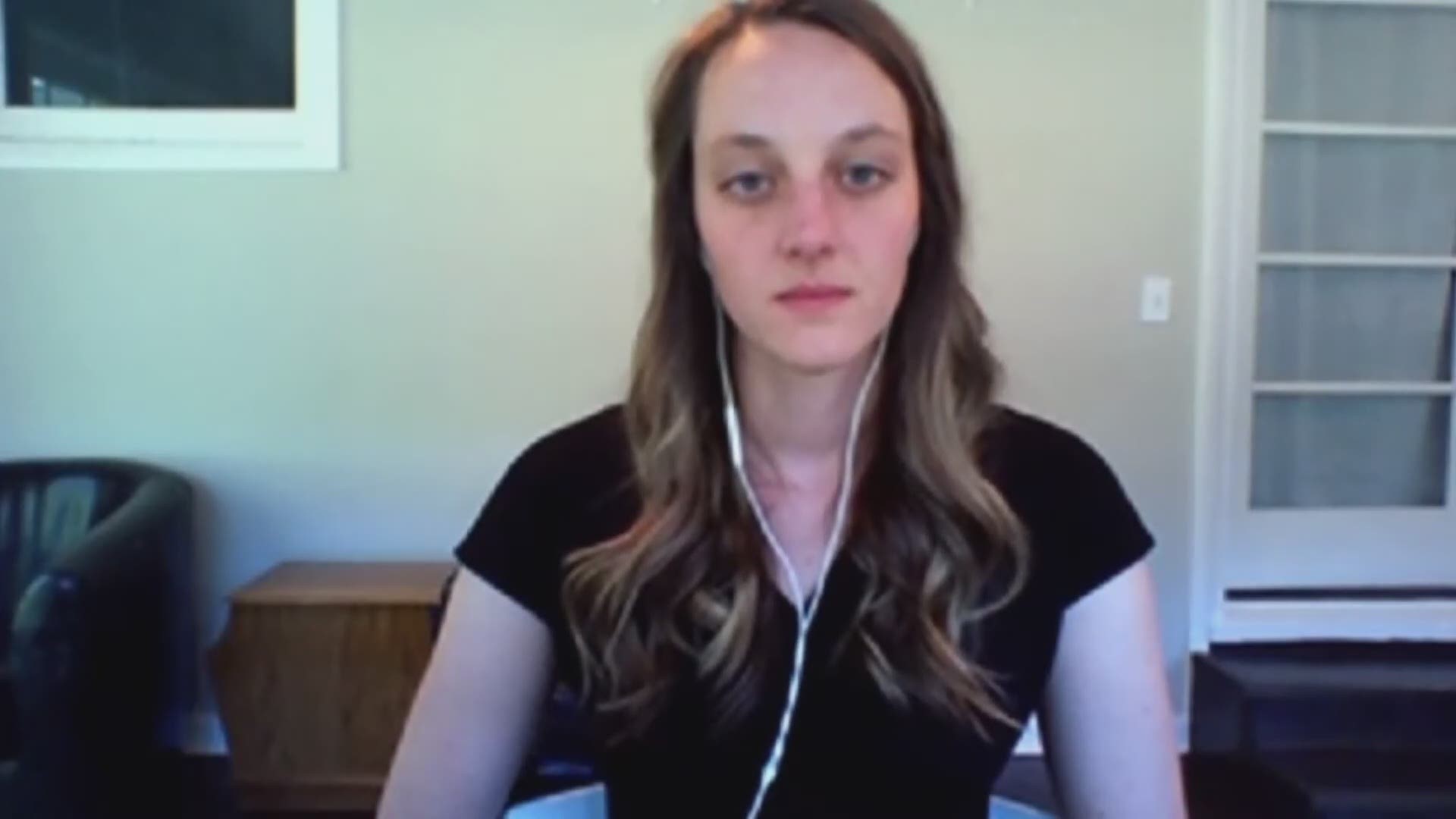PORTLAND, Ore. — As the coronavirus continues to take an economic and societal toll on the United States, national and state data shows the pandemic has a had a disproportionate impact on people of color, specifically the Black community.
“We're only as healthy as the most vulnerable among us and our economy is only as healthy and only as strong as the most vulnerable among us,” said State Rep. Akasha Lawrence Spence.
On Tuesday, Oregon's Emergency Board passed a $62 million allocation for the Oregon Cares Fund for Black Relief and Resiliency. It will provide cash relief to local families and Black-owned small businesses using grants given out by two nonprofits: The Black United Fund and The Contingent.
Democratic Rep. Lawrence Spence, from Portland, was one of the leading supporters of the fund. She said the funding is necessary because people of color have largely been left out of COVID-19 response.
“We started to see this disparity between; A: the availability of testing and B: severity when dealing with the virus,” Spence said. “We also know that Black communities are disproportionately front-line workers.”
Long-standing systemic inequities have put some members of racial and ethnic minority groups at increased risk of getting COVID-19 or experiencing severe illness, regardless of age, according to the Centers for Disease Control and Prevention.
Their data shows that a Black person in the U.S. is about five times more likely to be hospitalized or die from COVID-19 than a white person. The same goes for Indigenous or Alaska Native persons. Hispanic or Latino persons have a rate of about four times that of their white counterparts, according to the CDC.
“We are not receiving the level of care that is predicated by this pandemic, that's predicated by the fact that we have seen disproportionately that Black people are not only contracting the virus at far higher rates, but also dying at higher rates than everyone else," Spence said. “Then when you distill that to a personal level, a community level, we're not seeing the measures in place to combat those numbers.”
Members of the Black, Indigenous, and People of Color Caucus (BIPOC) released statements showing their support.
"The Black community will utilize these resources to weather the global health pandemic and consequent recession. Our communities are made resilient when we make informed and targeted investments in those who have been historically under-resourced,” said Democratic Rep. Janelle Bynum, of Happy Valley.
In the coming weeks, individuals and businesses will be able to apply for these funds online, but there is no firm timeline in place yet, according to Spence.
The $62 million allotment is part of $200 million worth of funding approved by the Emergency Board to provide coronavirus relief in the state.
“When we fortify Black communities, when we fortify Latinx communities, when we fortify and 'minority' communities -- we are doing the work that is incumbent upon all of us as citizens of this state,” Spence said.


